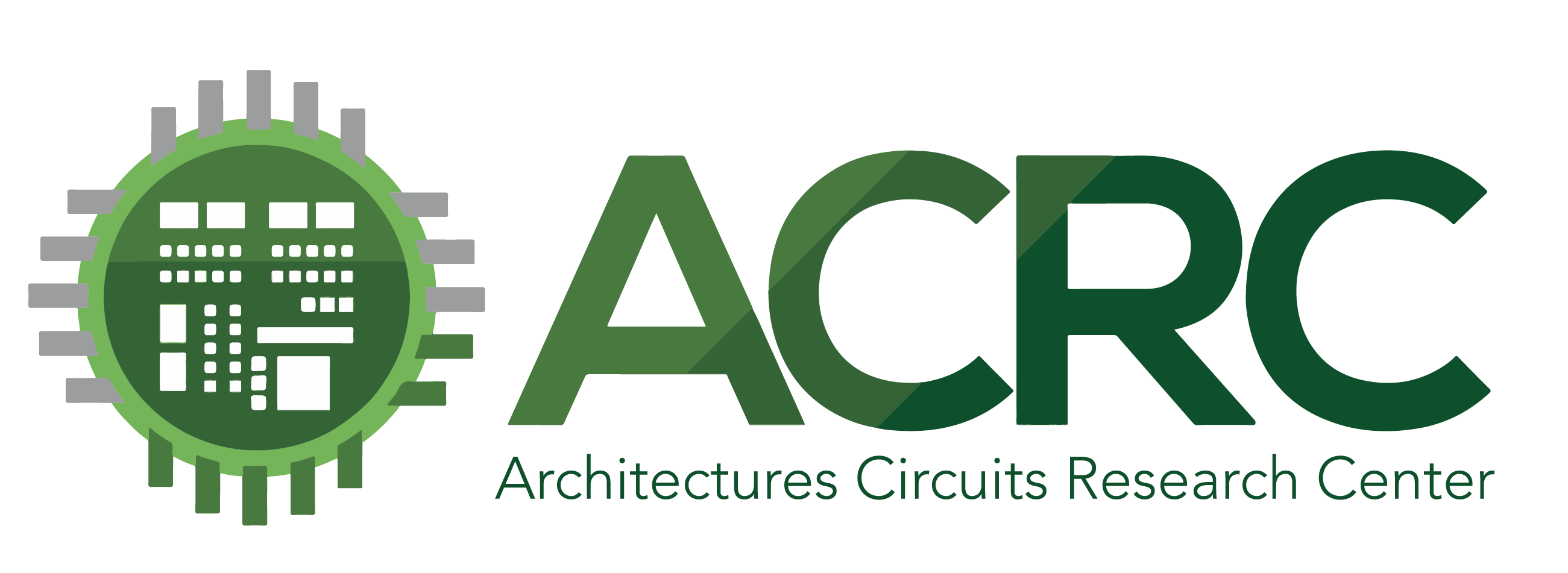
The internet of things (IoT) has been a rapidly evolving application space, poised to become the
largest electronics market for the semiconductor industry. One of the fascinating new fields in the IoT research
is mm-scale sensors that are positioned to open up a myriad of new application domains. Enabled by the
unique characteristics of cyberphysical system and recent advances in low power circuit design, mm-scale
sensors are rapidly becoming a reality. In this presentation, we will survey the challenges and solutions to mm-scale design, highlighting particularly low power circuit issues ranging from low power SRAM and miniature
neural network accelerators, radio communication protocols and analog interfaces. We will discuss system
level challenges unique to such small systems and illustrate several complete systems and their emerging
application spaces.
David Blaauw Professor in Electrical Engineering and Computer Science at the University of Michigan. He has published over 550 papers and holds over 60
patents. His work has focused on VLSI design with particular emphasis on ultra-low power and high performance design for miniature sensor nodes.
Before joining the University in 2001, David worked for Motorola, Inc. in Austin, TX, where he was the manager of the High Performance Design
Technology group. He received his B.S. in Physics and Computer Science from Duke University in 1986, and his Ph.D. in Computer Science from the
University of Illinois, Urbana, in 1991. David was the Technical Program Chair and General Chair for the International Symposium on Low Power
Electronic and Design. He was also the Technical Program Co-Chair of the ACM/IEEE Design Automation Conference. He is a member of the ISSCC
Technical Program Committee, analog subcommittee. He is an IEEE Fellow and the director of the Michigan Integrated Circuits Laboratory.


